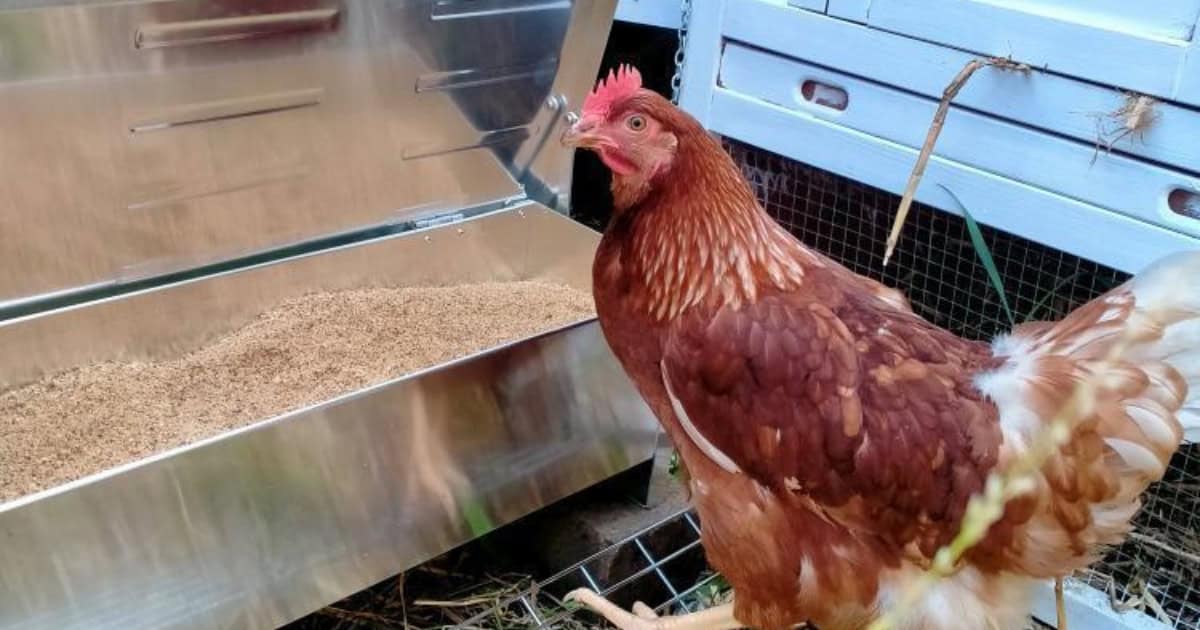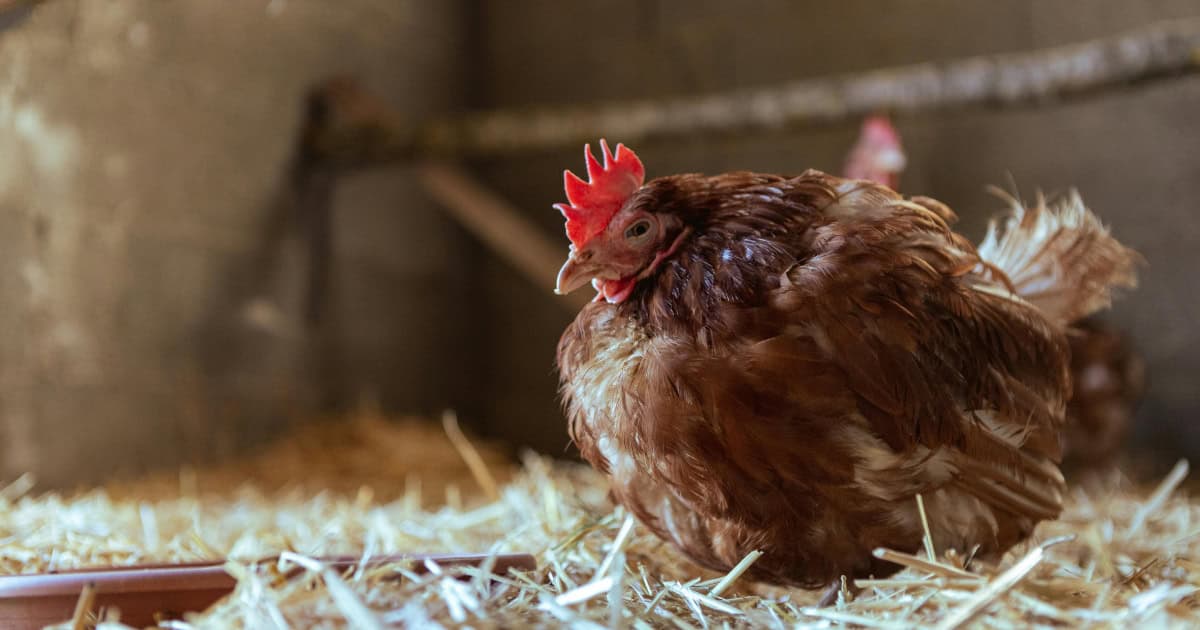Chickens
Chickens Won’t Go In Coop?
How Do I Train Chickens to Return to Their Coop at Night?
Need Help Getting Your Chickens to Return to their Coop at Night?
Have you ever had chickens that just won’t go into their coop?
This can be very frustrating for chicken keepers. In this post, we’ll explore the most common reasons why chickens may refuse to go into their coop and then give tips on how to overcome this. We will also outline how to first train chickens to return to the coop
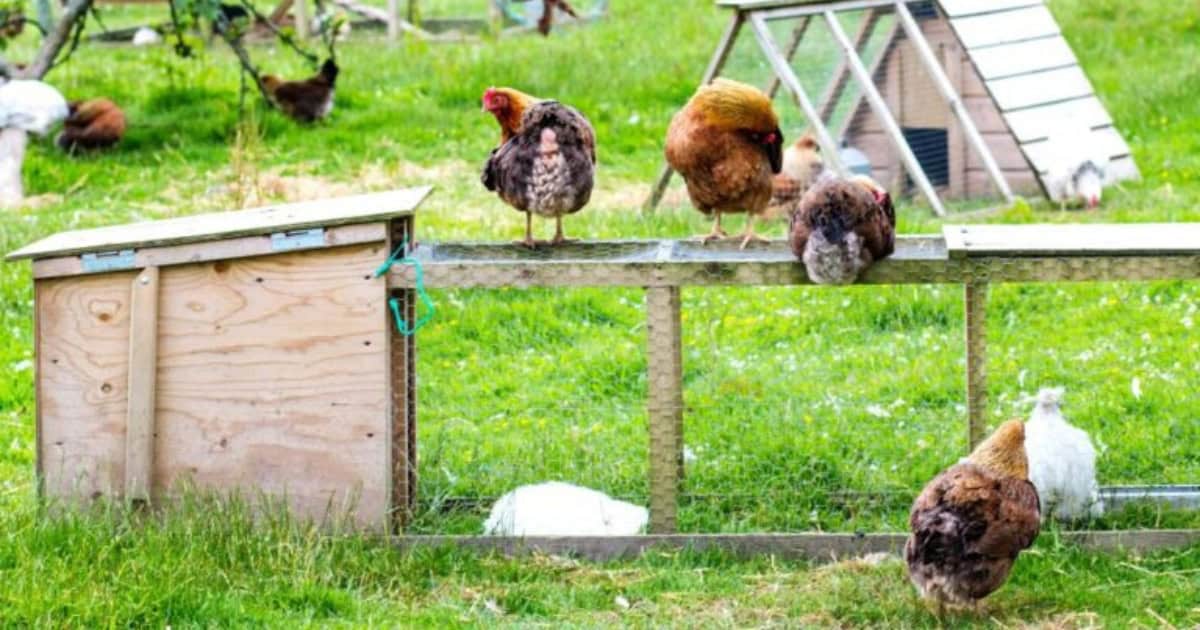
How Do I Train Chickens to Return to Their Coop at Night?
- Once your coop has been assembled, add everything your flock will need – bedding, food, and drinking water. Check that inside the coop is a suitable temperature as your chickens will be in there for an extended period.
- Put your chickens inside the coop and close the door. Leave them inside for 1 week. This period gets them used to the coop and teaches them that it is their new home.
- When you replace their food and water throughout the week, make sure the chickens are not able to escape out the coop door.
- After 1 week, open the coop door late in the afternoon. Allow the chickens to wander out in their own time and free range in your yard. Leave the door open.
- As dusk falls and it begins to get dark, watch your chickens begin to naturally wander back to their coop for the night. This shows your chickens have accepted the hen house as their home.
You can now let the chickens out each morning and they should naturally go in the coop at night time.

Creatures of Habit
Anyone keeping chickens knows that hens thrive on routine. Their nervous nature means they can easily become stressed if their daily habits are changed.
To help your flock feel safe in their coop, always let them out at the same time every morning.
If you won’t always be able to do that, you could install a high quality automatic door which will let all your chickens out at the same time each day.
Training Chickens with Food
If your flock don’t automatically go into the coop at night, you can try to train them with food.
At dusk when it begins to get dark, throw their favourite treats into the coop. Alternatively, you could lure them in slowly with a trail of treats across your yard leading towards the coop.
Popular treat options include meal worms, veggie scraps or tinned corn.
Your chickens will then learn that if they go into the coop at night, they will get a treat. Over time, lessen the number of treats until they will go into the coop without them.
It is easier to train younger birds, compared to older birds, so start early to have your chickens sleeping and roosting inside the coop at night.

Training Chickens with Light
You can train your flock to go into the coop at night by using light.
At dusk, turn on a little light within the coop. Something as simple as hanging a small battery powered torch from the coop roof should work.
As it gets dark in your yard, the hens will be naturally drawn to the light and will return to the coop.
Avoid anything too bright as this can upset their sleep pattern and, in turn, affect the number of eggs they lay.
Reasons Why Chickens Won’t Return to the Coop at Night
Do you have a problem getting your chickens to go into the coop at night? Are you at your wit’s end trying to figure out what to do?
There are several reasons why it might happen. We’ll shine a light on some of the most common causes and what you can do about them.
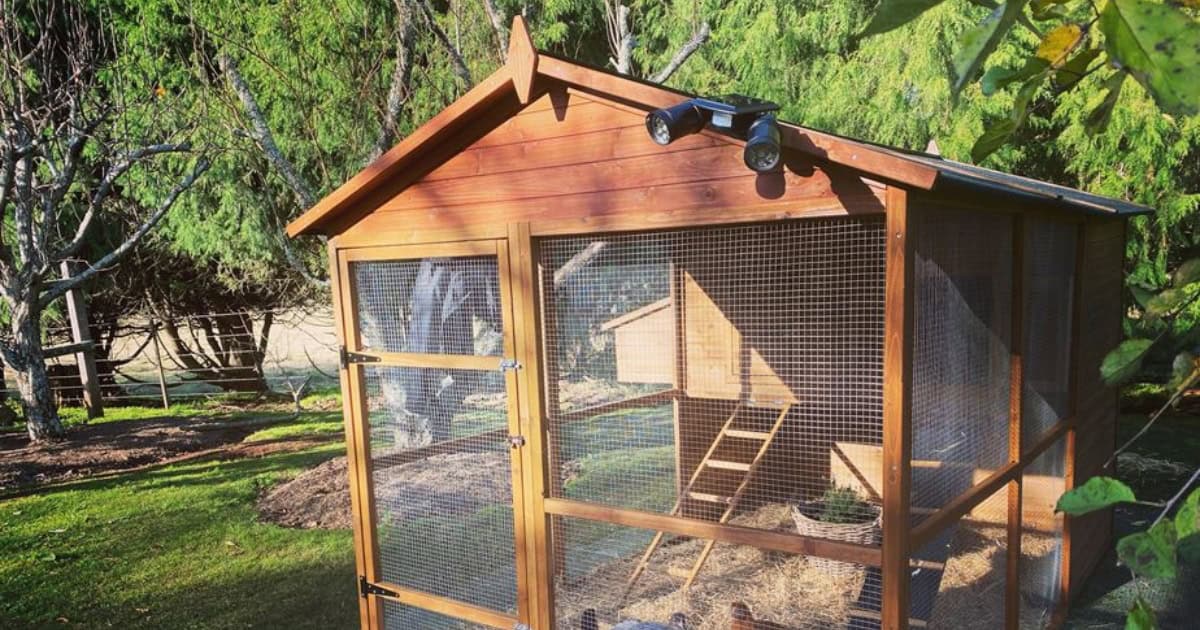
New Chicken Coop
Chickens are creatures of habit and they generally like predictability. So when you introduce a brand new coop, it can be really confusing and overwhelming for them.
They will miss their old coop. Rather than trying out their new home, they may instinctively avoid it all together and sleep in your yard.
Using the training tips outlined at the beginning of this blog, you can teach them that this new chicken coop is their home and where they need to go back to each night when it gets dark.

Enough Space
If you’ve ever had chickens, you know that they can be particular creatures. They need enough room to move around and stretch their legs. If their coop is too small, they might avoid it altogether.
The solution is to add in more space. You can do this by extending your coop with an extension run, adding in extra roosting bars, or adding in more nests. If this doesn’t work, you may need to commit to the extra cost and purchase a larger coop for them.
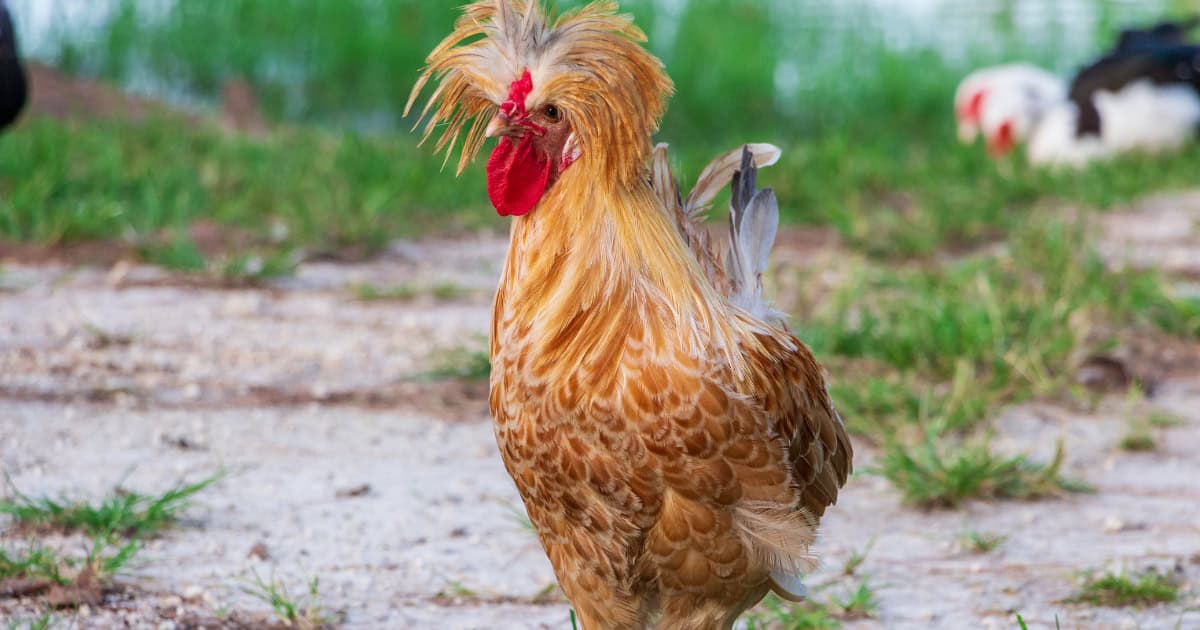
Pecking Order
A chicken coop should provide your hens with a safe place to sleep. However, if one chicken is low on the pecking order and being bullied by other chickens, she may avoid sleeping inside the coop altogether.
Older birds can be very aggressive, and will peck at weaker, young chickens to show their dominance. This can cause a weaker chicken to become injured, and she may then avoid the coop out of fear.
The solution is to observe your flock and pay particular attention to young birds and baby chicks. If you notice one chicken is low on the pecking order and being bullied or injured, separate the chickens into different coops. This will allow the weaker chicken to have her own space where she can feel safe and secure.
Rats
Chicken coops can be a breeding ground for rodents if you’re not careful. Rats and mice are attracted to the food that chickens eat. Larger rats may also try to eat your coveted free range eggs.
Rodents are more active at night. After dusk, they may go into the coop in search of food. The rodents can then scare the chickens and cause them to avoid the coop at night.
The best solution for people raising chickens is to use a treadle feeder to prevent rodents from accessing the chicken food. Treadle feeders are designed so that only chickens can access the food, and they’re an effective way to minimize the number of rodents in your coop at night.
You should remove any rubbish from the coop regularly, as rats and mice will be attracted to it and hide within it.
If you have a severe problem with rodents, you may need to contact a professional pest controller for help.
Red Mites
Chicken mites (also known as the red mite) can be a real problem for chicken owners. These tiny pests can live inside the coop and come out at night to feed on the chickens. As a result, the chickens can refuse to return to the coop at night.
And who can blame them! You wouldn’t want to sleep in a lice ridden bed either.
Fortunately, there are a few things you can do to get rid of chicken mites. Firstly, make sure to go in the coop and clean it regularly. This will help to remove any mites that are hiding in the cracks and crevices.
Secondly, treat your chickens with an anti-parasitic medication. This will kill any mites that are currently feeding on the birds.
Cleanliness
Chicken coops can get dirty very quickly, and if not cleaned regularly, can develop a strong ammonia smell. Ammonia is irritating to chickens and can cause respiratory problems.
Chickens typically poo at night, so most of the ammonia is concentrated under their roosting bars. As a result, chickens will refuse to sleep in their roosting space and coop if it is dirty.
The solution is to clean the coop more often. The more chickens you own, the more regularly you will need to clean. While this isn’t a fun part of chicken keeping, it is important.
If the roosting areas have a strong smell, air them out regularly. By taking these simple steps, you can keep your chickens healthy and happy.
Broodiness
Sometimes, young hens will develop what is known as “broody behavior.” This means that they develop the bad habit of being focused on creating a nest and hatching their eggs.
If a hen decides that your provided nesting box or coop is not to her liking, she may try to build a nest elsewhere. She may refuse to leave this spot and even refuse to come back to the coop at night.
This can be very difficult to overcome. The easiest solution is to find the hen’s chosen nest area and rearrange it so it looks different. Hopefully, the chicken will not feel as connected to the space anymore and will return to the coop at night to roost.

Predators
A chicken coop is supposed to be a safe place for hens to sleep and lay their eggs. But sometimes, predators can find their way into the coop, leaving the chickens scared and unwilling to return.
To prevent this from happening, it’s important to take some precautionary measures. Make sure the coop is well-secured, with no weak points that a predator could exploit. This means adding wire mesh to the base of the coop and reinforcing any weak points with hardware cloth.
If a predator has come in previously and the flock are traumatised, you need to help the chickens feel safe again.
This can be done by using positive reinforcement to remind them that the coop is their home and that it’s a safe place. Every time they go into the coop, feed them treats as a reward.
You could also purchase a rooster to protect your flock from predators at night. They can be very aggressive and scare away even large predators. However, roosters can be a noisy addition to your coop. For this reason, many local councils will not allow you to keep pet roosters in suburban areas.






